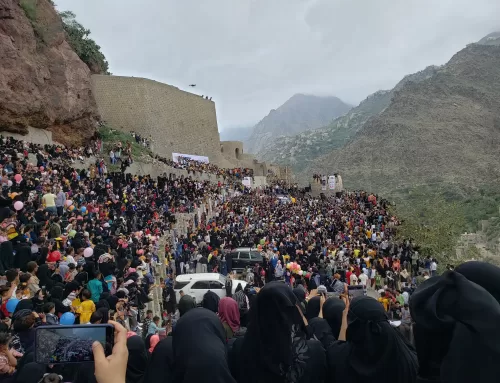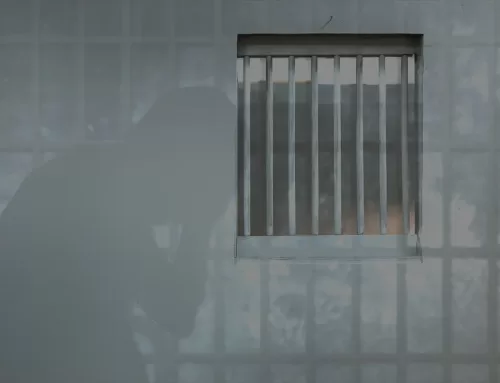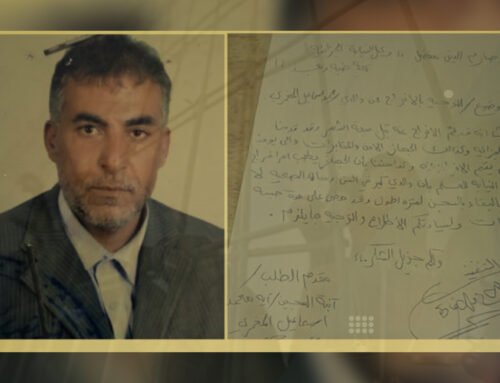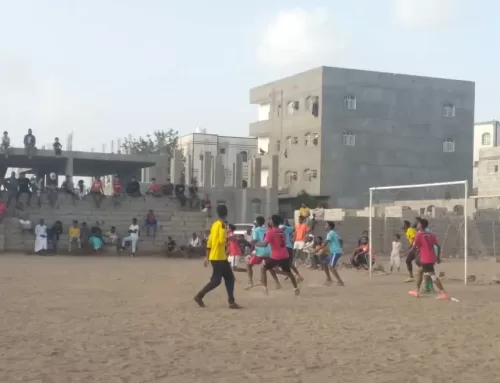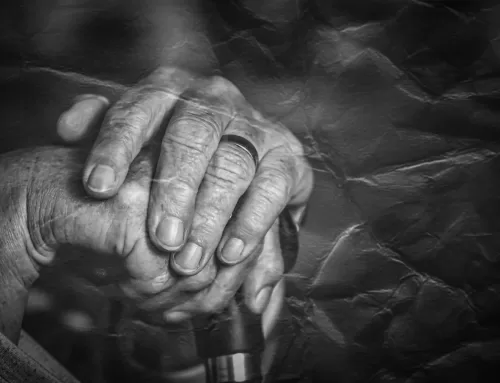septemper 13, 2018
Ubad had always been completely attached to his mother. When he was a few days old, his father was killed during one of the rounds of the armed conflict that erupted in the central regions in the early 1980s. After he became an adult, his mother passed away. The mother, who became a widow at a young age, who refused to remarry after the death of his father and who dedicated her whole life to her only son, died. Ubad grew up surrounded by his mother’s love and tenderness until he became an adult. However, during the tragic circumstances of her passing, he stood helpless as there were no chances of saving her from death. In order to save her life, he needed to fly her out of the country through the Sana’a airport. But, the airport was closed, so she died. It was a very painful and cruel experience, for it would have been possible to save her from death, if chances of life and survival in Yemen hadn’t become almost nonexistent.
Since March 2015, the Saudi-led “Arab Coalition” has imposed a travel ban on Yemen, and as a result, most of Yemen’s airports, including the airport in Sana’a, were shut down. In addition to the war, the blockade has also exacerbated the suffering of Yemenis.
In this painful story of death, Ubad Yehya Ahmed Abu Hatem describes what it means to close an airport. He experienced it firsthand with the unfortunate passing of his mother who needed to travel abroad in order to replace the valves in her heart. Her health had extremely deteriorated, which made it impossible for her to travel through the Aden airport. The grief-stricken son said: “The doctor told me that she can’t travel to Aden by land in her condition and he said she could die on the way.”
Ubad spoke of the moment he entered the ICU, not believing his mother had gone from this world. He covered his face, placed it next to her feet and wept. In a trembling voice, he said: “I did not dare look at her face or kiss her.” He couldn’t continue talking. He always feared of going through circumstances that push men to mourn and scream when their relatives died. Ubad added: “She was not just a mother. She did everything for me.”
Following her husband’s death, she suffered greatly and was afflicted with an early heart disease. She underwent a valve enlargement surgery 25 years ago at King Faisal Hospital in Saudi Arabia. The doctor then told her that she would need to change her heart valves 15 years later. Because the valve enlargement surgery was successful, she refused to have the surgery done by another doctor. When the time came for her surgery, she faced conditions that prevented her from undergoing it, including the difficulty of obtaining a visa to Saudi Arabia.
Ubad said that when the war erupted and his mother witnessed massacres committed by Saudi air forces in Yemen, she said she would not travel there even if it meant that her whole body would be torn apart. She was not aware that she would become another victim of this war. Once she was convinced to undergo the surgery in another country, the airports and ports had already been closed.
Ubad lived alone with his mother who filled his whole world. Now, after her passing, it has become dark and gloomy. She tried to hide from him the severity of the disease, but during the last quarter of 2016, she collapsed and could no longer walk.
In January 2017, her health deteriorated, and her only option was to be admitted to the intensive care unit at the military hospital in Sana’a. Her choices were very limited, which convinced her to have the surgery in Yemen. In the past, she had strongly rejected this option. With no heart valves available in Sana’a (many medical needs were lacking because of the war), he tried to provide them from abroad, but her weak heart was unable to wait. The only way to ensure her survival was through the Sana’a Airport.
Then, the cruelest day in the life of Ubad, February 11, 2017, came. The doctor came out of the operating room and asked him to follow him to another nearby room.
Two days before, his mother asked him to bring her peaches, grapes and plums. He felt disappointed because she asked for fruit that weren’t in season but she wanted them badly, and luckily, he found these fruits in a supermarket in the center of Sana’a.
On the morning of February 10, he noticed that his mother was recovering. She was speaking and eating the fruits with an unusual appetite. He hadn’t seen her in this lively state for a while. Her speech was even very clear. He thanked God and believed that she was healing and left the hospital to change his clothes. An hour and a half later, he was rushing up the hospital stairs with a broken heart. He received a call telling him that his mother’s condition had deteriorated. He was surprised to hear that she went into a coma and was intubated to help her breathe. The doctor told him that the valve was barely pumping blood, enough to fit through the eye of a needle only. They expected her to collapse at any moment.
The doctors tried to perform a catheterization surgery, but they faced a problem with blood flow. They also tried to raise her blood pressure, as it was very low. The situation remained the same until the next day.
Ubad was waiting in front of the operating room. Nothing changed; the usual nurse movement and the cleaner mopping the tiled floor were still the same. In the adjacent room, the doctor asked him if he was her son.
The doctor then asked him about his mother’s name, which provoked the son.
Ubad added: “I snapped at him and said: “You can’t be her doctor and not know her name”.” The doctor remained silent while Ubad was expressing his anger. His voice was higher and said: “Why are you asking me that question? If she died, tell me may she rest in peace.” Suddenly, the doctor replied: “May she rest in peace.”
They left him alone in her room. He knelt at the edge of the bed next to her feet and wept silently. He could not overcome the pain, and his voice faltered. After catching his breath, he commented: “At least they were going to allow specific flights for critical situations to leave from Sana’a.”


